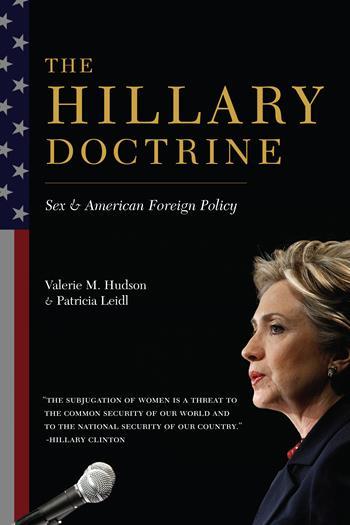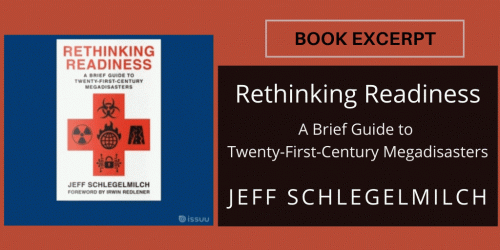Antoine Bousquet's The Scientific Way of Warfare Takes the Page 99 Test
The Page 99 Test is an intriguing Web site that takes up Ford Maddox Ford’s suggestion that if you “”Open the book to page ninety-nine and read, and the quality of the whole will be revealed to you.”
Antoine Bousquet has done this with his book The Scientific Way of Warfare: Order and Chaos on the Battlefields of Modernity. Here’s what he had to say:
P.99 of The Scientific Way of Warfare discusses the role of the scientist John von Neumann in the development of two technologies that would play a central role in the Cold War, namely nuclear weaponry and the computer. It is representative of the book as a whole in that the latter is concerned with the complex and intimate relationship of science and war since the dawn of the modern age. The Manhattan Project has been often portrayed as the moment of science’s loss of innocence but science had in fact long been intertwined with military activity from the early proximity between the study of ballistics and the formulation of the laws of motion in the seventeenth century.
Nor has science’s contribution to war been limited to the development of more powerful weapons or technological systems since the very worldviews it has successively embraced have influenced military theory and practice. When mechanistic and Newtonian conceptions dominated the burgeoning scientific revolution, depicting the universe and the bodies inhabiting it as divinely ordained clockwork mechanisms, contemporary militaries sought to emulate their regularity and predictability by organising their troops according to rigid and precise deployments and manoeuvres on the battlefield. In the thermodynamic era that followed and in which the operation of the engine was seen as capturing the fundamental dynamics of the natural world, armies sought above all the channelling and projection of energy in all its forms. The development of the computer in which the role of von Neumann was paramount accompanied a new cybernetic worldview that made warfare into an activity determined by the most efficient collection and distribution of information. Finally, we are today in the midst of the latest regime of the scientific way of warfare in which the decentralised networking of armed forces has become the order of the day, bolstered by the new sciences of chaos and complexity.




